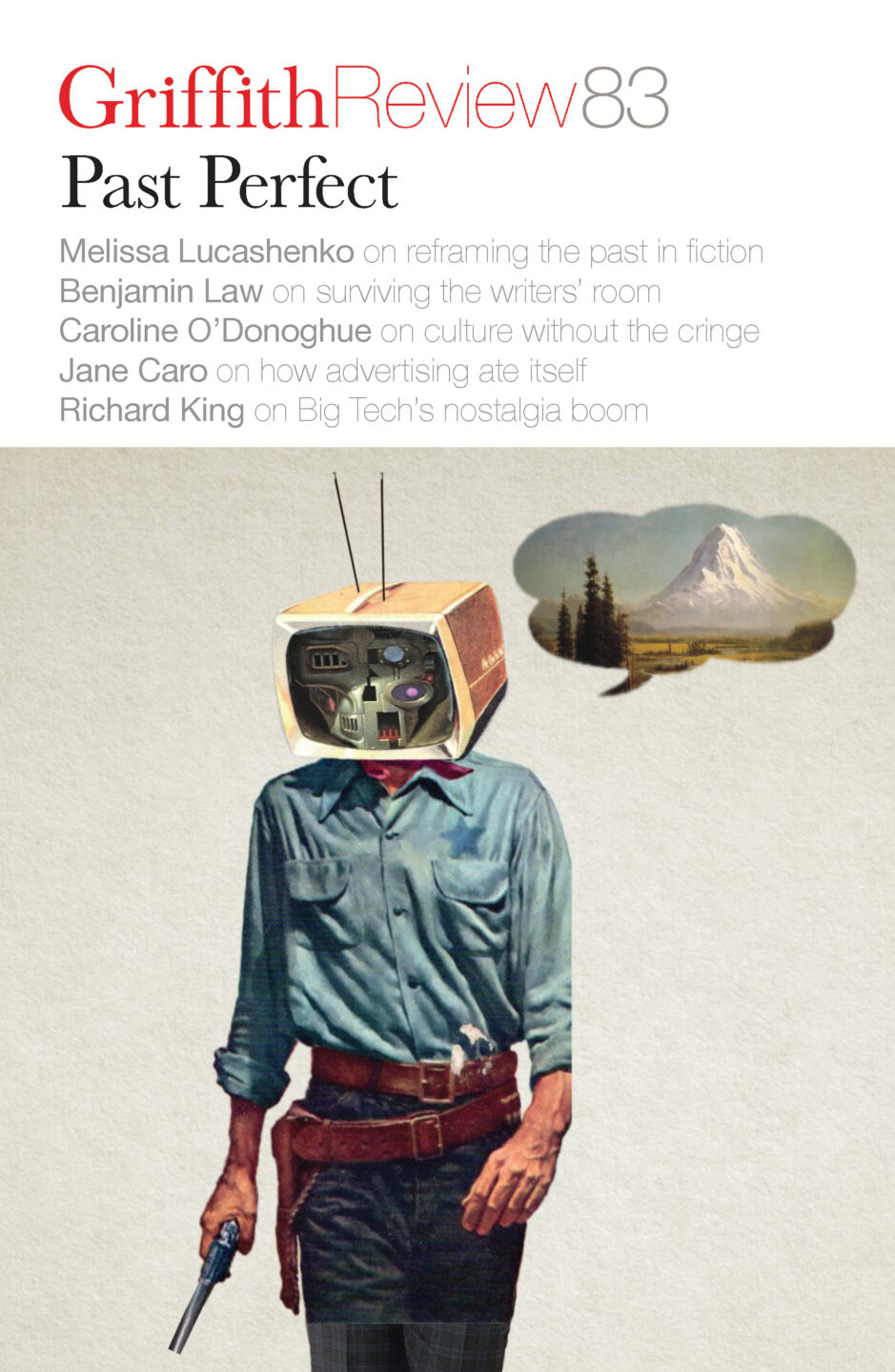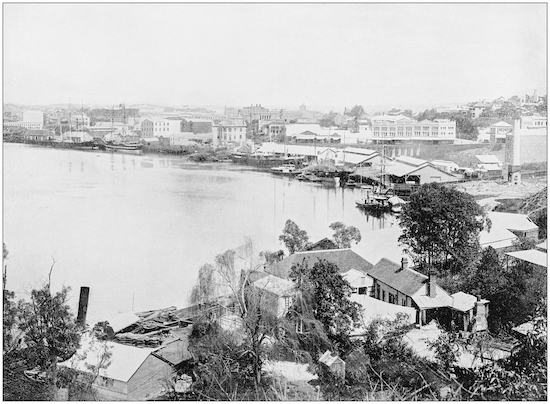Featured in

- Published 20240206
- ISBN: 978-1-922212-92-4
- Extent: 204pp
- Paperback, ePub, PDF, Kindle compatible


Already a subscriber? Sign in here
If you are an educator or student wishing to access content for study purposes please contact us at griffithreview@griffith.edu.au
Share article
More from author

On undoing
Non-fictionI am forty before I visit Europe, still ignorant that a century before me my great-grandfather had walked those same cobblestones. That he had fought in a war that did not reward him with any meaningful welcome on his return home. Now that I know, I yearn to go back and breathe that air, knowing that William was there.
More from this edition

Threshold
PoetryWhat is the voice of one who has died if no one listened to what remained unspoken? It no longer matters.

Time plays tricks
IntroductionTen years ago, the late, great cultural theorist Mark Fisher posited that our ‘montaging of earlier eras’ had reached such fever pitch that we no longer even noticed our submersion in a sea of bygones. And sitting alongside this purported cultural inertia are our increasingly divergent attitudes towards history – the far-right impulse to romanticise the past, the far-left desire to remedy its wrongs – and how they inflect our politics.

Always was, always will be
In ConversationIf Aboriginal people are all dead, you don’t have to negotiate a treaty with us and you certainly don’t have to go around feeling guilty about stolen land and stolen wages and stolen children; the subjects of that injustice don’t exist anymore if you choose to believe that we’re dead or all assimilated, which isn’t the case. It’s a very practical kind of assimilation strategy.